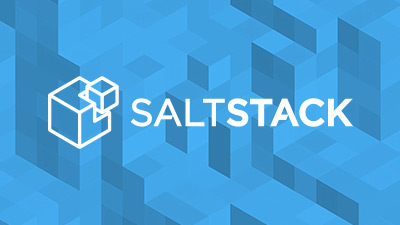SaltStack platform or Salt is a Python-based open-source configuration management software and remote execution engine. Supporting the “Infrastructure as Code” approach to deployment and cloud management, it competes primarily with Puppet, Chef, and Ansible.
Design:
Salt was designed to be highly modular and easily extensible, to make it easy to mold to diverse applications.
The module design of Salt creates Python modules that handle certain aspects of the available Salt systems. These modules allow for the interactions within Salt to be detached and modified to suit the needs of a developer or system administrator.
Module types:
The Salt system maintains many module types to manage specific actions. Modules can be added to any of the systems that support dynamic modules. These modules manage all the remote execution and state management behavior of Salt. The modules can be separated into six groups:
• Execution modules are the workhorse for Salt’s functionality. They represent the functions available for direct execution from the remote execution engine. These modules contain the specific cross platform information used by Salt to manage portability, and constitute the core api of system level functions used by Salt systems
• State modules are the components that make up the backend for the Salt configuration management system. These modules execute the code needed to enforce, set up or change the configuration of a target system. Like other modules, more states become available when they are added to the states modules.
• Grains are a system for detecting static information about a system and storing it in RAM for rapid gathering.
• Renderer modules are used to render the information passed to the Salt state system. The renderer system is what makes it possible to represent Salt’s configuration management data in any serializable format
• Returners: the remote execution calls made by Salt are detached from the calling system; this allows the return information generated by the remote execution to be returned to an arbitrary location. Management of arbitrary return locations is managed by the Returner Modules.
• Runners are master side convenience applications executed by the salt-run command.

